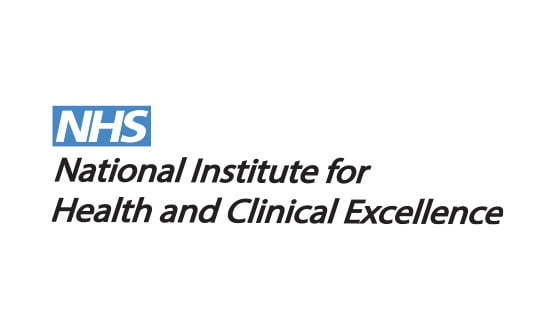NICE endorses staffing toolkits
- 24 July 2015

Two safe staffing toolkits from Allocate Software are the first commercial software packages to be endorsed under a new National Institute for Health and Clinical Excellence programme.
NICE has backed the use of HealthRoster and SafeCare to support trusts to follow recommendations it published last year on safe rostering for nursing in adult inpatient wards in acute hospitals.
The organisation, which provides guidance on medicines and medical technology for NHS use, launched the endorsement programme for tools that support the implementation of its guidance.
It aims to give users confidence in the resources they are using, including costing tools and educational packages, rather than to provide an accreditation. The first toolkit to receive an endorsement from NICE was the Shelford Group’s Safer Nursing Care Tool in October 2014.
HealthRoster is an e-rostering tool used by 176 NHS organisations to give an overview of all staff groups and types, including bank and agency workers. SafeCare is an application that brings patient details, such as the seriousness of their condition, into the overview so that wards can ensure staffing levels are appropriate to patient needs.
The endorsement statement for the tools says they meet the “majority of factors identified” in NICE’s safe staffing guidelines.
According to NICE, Allocate’s software also supports on-the-day assessments of nursing staff levels in relation to patient nursing needs and the monitoring and evaluation of long term ward nursing staff establishment.
Paul Scandrett, director of healthcare at Allocate, told Digital Health News: “I think the NICE endorsement has said a lot about our product and how we try to align them to the market place and what the NHS is trying to achieve and what providers are looking to achieve.”
“We are hopeful in an acute setting it will have an impact.”
Head of marketing Liz Jones explained that, unlike NICE’s usual accreditation approach for drugs and medical devices, the endorsement model is not based on evidence from patient outcomes or trials, but rather an in-depth look at the software and how it compares to the guidance requirements.
“They really look at the process. They look at the software, they get details from the customers who are using it, and then match it line for line [with the guidance] to ask ‘does it do this piece, does it support that level of recommendation in the guidelines,” she explained.




